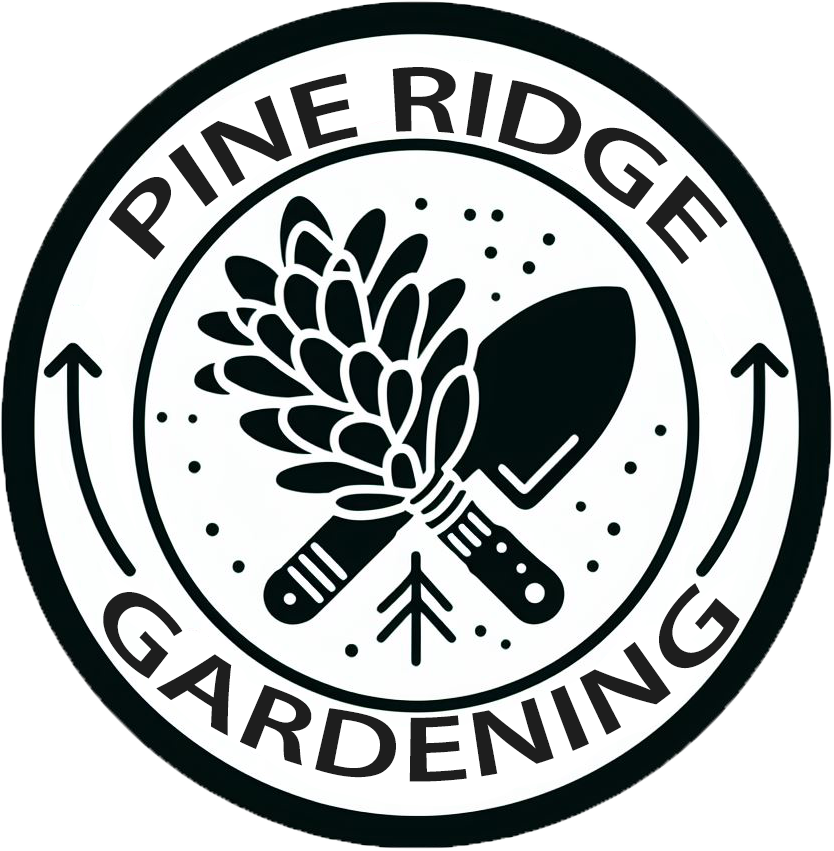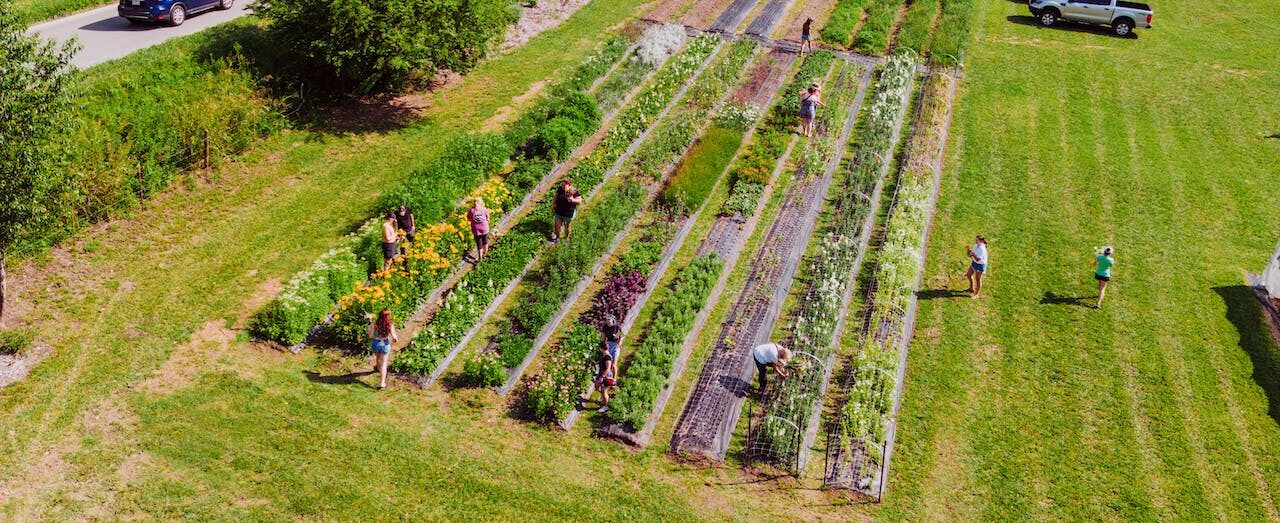If you live in zone 9A, you are lucky enough to enjoy a mild winter climate that allows you to grow a variety of vegetables. December is a great month to plant some cool-season crops that will thrive in the lower temperatures and shorter days. The good news is that there are plenty of options for you to enjoy fresh produce from your own backyard even in the winter months. Here are some of the best vegetables to plant in December for zone 9A in Florida.

Broccoli is a cool-season crop that can tolerate light frosts and even snow. Dang, I hope I didn’t just jinx us. It prefers full sun and well-drained soil with plenty of organic matter. If you haven’t already started seeds indoors in October or November for transplanting outside in December, you may have to purchase plants from your local nursery, but you will be limited to whatever varieties the nursery grows. Harvest broccoli heads when they are firm and green, before they start to flower. Leave the main stem so smaller broccoli heads are produced giving you baby broccoli with tender, long, tasty stems through the winter. My favorite varieties are: Godzilla, Green Magic, Waltham 29 and Imperial.
Cauliflower seedlings can be transplanted into the garden or you can try sowing seeds directly into your garden. I prefer starting seeds in trays where there is more control over temperature and moisture. Twister is my favorite variety.


Cabbage is another cool-season crop that can withstand frost and cold temperatures. It needs rich, moist soil and regular watering. You can sow seeds directly in the garden in December or, preferably, transplant seedlings that you started earlier indoors. Cut the heads when they are solid and compact, before they split or bolt. My favorite varieties are: Cheers, Copenhagen Market. Bobcat is a new variety that I am trying this year.
Root Crops, like carrots, radish, beets, turnips and rutabagas grow best in very loose, moist, sandy, soil with a lot of organic matter and moderate fertility. They need consistent moisture and thinning to prevent crowding. It is best to sow seeds directly in the garden at the end of November or in December and harvest them when they reach the desired size and color. Try the Watermelon radish variety. They have a mild flavor and look like the inside of a watermelon and can grow to a 4″ diameter.


Onions: If you have not already started your onion seeds in trays, it may be too late. Therefor, it is best to buy onion starts or onion sets to plant in December. Otherwise, you can plant your seedlings now. In our zone, short-day onion varieties are the only bulbing type of onion that grows well.
Beets: Direct sow beet seeds into loose, well-drained garden soil when the soil temperature is 77 degrees or lower. They prefer a soil pH that is slightly acidic. Keep the soil moist so the seeds will germinate and so the beets don’t become dry and woody. The seeds are compounded, or multigermed, meaning that more than one sprout will emerge from a seed. Therefor, you will need to thin them. As the beet grows, keep the beet root covered to prevent a scaling appearance on the top of the beets. Beets will get sweeter when it is cold. Don’t forget that you can eat the beet greens too.


Elephant Garlic , which is actually a type of leek, grows best in Florida Zone 9a. Plant before the cold sets in so that the roots have time to develop. Separate cloves, do not peal off the protective covering. Plant with pointed end up. Cover with pine straw.
Kale, Spinach, Mustard Greens and Swiss Chard are a leafy green that can thrive in cold weather and survive frosts if plants are well established. They like full sun and fertile, well-drained soil. You can sow seeds directly in the garden in December or transplant seedlings that you started indoors in November. Harvest the leaves from the bottom up, leaving the center stem intact for continuous growth. A cold snap will improve the flavor of kale. My favorite varieties are: Lacinato (Dinosaur) Kale and Scarlet Kale. My favorite Mustard Green is Savanna.
Collards are either a loved or hated green. If you dislike them, you may want to try mustard greens instead. Southerners have a tradition of eating collards, black-eyed peas and cornbread on New Years Eve to bring good luck in the new year. Plant seeds directly in your garden. Harvest the lower leaves first and work your way up. Collards will last until the heat of summer. Top Bunch is my favorite variety.


Lettuce is a salad staple that can grow quickly and easily in cool weather. It prefers partial shade and moist, fertile soil. You can sow seeds directly in the garden in December or transplant seedlings that you started indoors earlier. Harvest the leaves as needed, either by cutting the whole head or picking individual leaves from the outside of each plant.
Asian Greens such as: Pak Choy, Purple Lady Bok Choy, Komatsuna, Joi Choi, Choy Sum, Chijimisai and Tatsoi are wonderful leafy Asian greens that grow very well here in the winter. You can purchase these seeds from Baker Creek Heirloom Seeds (www.RareSeeds.com).


Peas: Sugar Snap and English peas can be sown directly into your garden once the hotter fall temperatures are behind us. Give them something to climb on. My favorite garden trellis is made from cattle panels purchased at Tractor Supply or Rural King. Make friends with someone with a pickup truck though. These panels are very big.
Herbs: Chinese (garlic) Chives, Dill, Parsley, Broadleaf Sage, Thyme, Cilantro, Tarragon. These herbs can be grown in pots or in your herb garden. Many are perennial, so plant them where they will enjoy growing year after year.


Flowers: Calendula is a cool season flower. It has beautiful orange/yellow blooms which our pollinators absolutely love. Calendula makes a nice cut flower arrangement too.
These are just some of the vegetables, herbs and flowers that you can plant in December for zone 9A in Florida. There are other vegetables that you may like to try growing, like kohlrabi, Bussels Sprouts, Leeks and Italiko Rossa (Dandelion). Just make sure to check the planting dates and frost tolerance of each crop before you sow or transplant them. With proper care and protection, you can enjoy a bountiful harvest of fresh vegetables from your winter garden.
Check back for information on frost protection and recipes for these winter garden vegetables.



One thought on “Winter Gardening in Florida: What to Plant in Your Zone 9A Vegetable Garden”
Comments are closed.